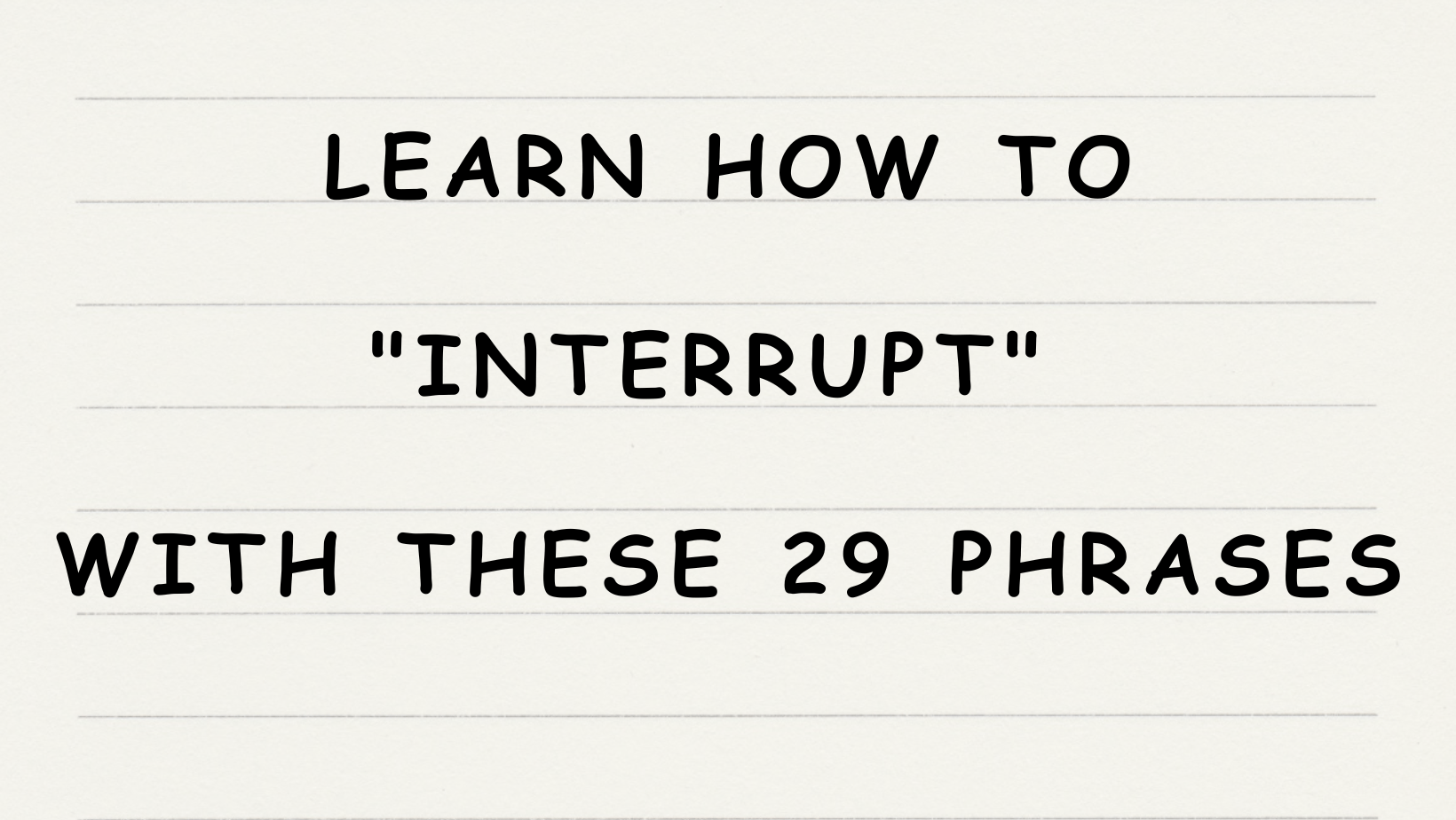
Have you ever found yourself repetitively using the word ‘very’ to intensify your expressions? It’s like adding spoon after spoon of sugar to a cup of tea. Too much can make it sickeningly sweet. So, why not explore the vast, colourful world of English vocabulary to find better alternatives? This will not only help your language skills become ‘very good’ but ‘exceptional’!
Excitingly, here are 35 popular English words that you can use to replace “very”:
1. Exhausted instead of very tired.
Example: After the marathon, I felt exhausted.
2. Elated instead of very happy.
Example: She was elated to receive the scholarship.
3. Terrified instead of very scared.
Example: The thunderstorm left me terrified.
4. Adore instead of very like.
Example: I absolutely adore this song.
5. Freezing instead of very cold.
Example: It’s freezing outside, wear your coat.
6. Boiling instead of very hot.
Example: The soup is boiling, let it cool down.
7. Furious instead of very angry.
Example: He was furious when he discovered the truth.
8. Ecstatic instead of very excited.
Example: She was ecstatic about the surprise party.
9. Massive instead of very big.
Example: There was a massive crowd at the concert.
10. Tiny instead of very small.
Example: The puppy was so tiny it could fit in my hand.
11. Brilliant instead of very bright.
Example: His idea was simply brilliant.
12. Gorgeous instead of very beautiful.
Example: The sunset was simply gorgeous.
13. Ancient instead of very old.
Example: We visited an ancient temple in Greece.
14. Miserable instead of very sad.
Example: She was miserable after her pet passed away.
15. Devastated instead of very upset.
Example: I was devastated to hear the news.
16. Delighted instead of very pleased.
Example: He was delighted with his exam results.
17. Marvellous instead of very good.
Example: The food at the restaurant was marvellous.
18. Awful instead of very bad.
Example: The weather was awful last night.
19. Starving instead of very hungry.
Example: I was starving after the gym session.
20. Rapid instead of very fast.
Example: The rapid growth of technology is undeniable.
21. Spacious instead of very big.
Example: The new apartment was surprisingly spacious.
22. Packed instead of very busy.
Example: The train was packed during rush hour.
23. Filthy instead of very dirty.
Example: The room was filthy after the party.
24. Precise instead of very accurate.
Example: The clock is precise to the second.
25. Drenched instead of very wet.
Example: I was drenched after the sudden downpour.
26. Overjoyed instead of very glad.
Example: I was overjoyed to hear about your promotion.
27. Hilarious instead of very funny.
Example: The comedian’s jokes were hilarious.
28. Thrilled instead of very excited.
Example: He was thrilled to start his new job.
29. Shattered instead of very broken.
Example: The vase fell and was shattered into pieces.
30. Scarce instead of very rare.
Example: This bird species is scarce in our region.
31. Lush instead of very green.
Example: The garden was lush after the rains.
32. Livid instead of very angry.
Example: I was livid when my laptop crashed.
33. Grateful instead of very thankful.
Example: I’m grateful for your support during these times.
34. Generous instead of very giving.
Example: My grandma is the most generous person I know.
35. Flourishing instead of very successful.
Example: The new business is flourishing in its first year.
Let’s conclude: by replacing ‘very’ with more descriptive and powerful words, your English will become more engaging and expressive. It will not only enhance your vocabulary but also make your conversations and writings more appealing.


